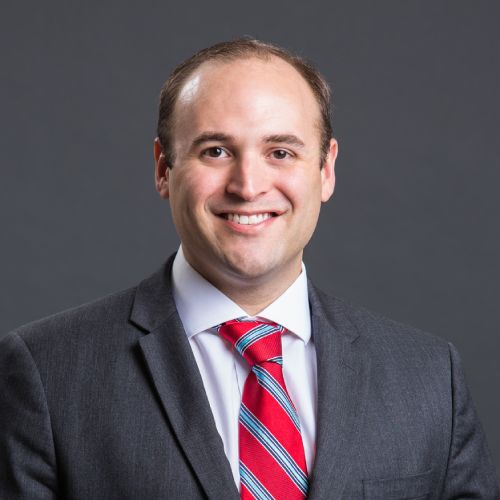Have you been involved in a car accident in Florida and think someone else might be to blame? If so, you might be considering filing an auto negligence claim. In Florida, auto negligence law provides specific rules for accidents where drivers have breached their responsibility on the road and caused an accident. This blog will serve as a roadmap for what you need to know about auto negligence in Florida.
What Is Auto Negligence in Florida?
Essentially, auto negligence is when another driver breaches their duty to act carefully, causing an accident or injury.
Imagine you’re driving through a traffic signal while obeying traffic laws, and suddenly, another car drives through the signal and slams into you. If the other driver was texting, speeding, or driving drunk, they might have negligently caused the accident. This means that they failed to act as a responsible driver should. If their negligence caused your accident or injuries, you could have an auto negligence claim.
Florida’s No-Fault Insurance System
Florida is a no-fault state for car insurance. This means that regardless of who caused the car accident, your insurance company pays for your medical bills and lost wages up to a certain amount. These payments will be based on your personal injury protection (PIP) coverage. This is true even if you were partly at fault for the accident.
There’s a catch, though. PIP coverage usually doesn’t cover everything, especially for serious injuries. This is where Florida auto negligence law comes in.
Stepping Outside the No-Fault System
Let’s say your injuries are severe, and your PIP coverage isn’t enough. Or maybe you have permanent scarring or disability and would like to seek compensation for those results from the accident. In these cases, Florida auto negligence law allows you to step outside the no-fault system and sue the at-fault driver for further compensation.
However, you must meet a specific threshold to sue. The threshold requires that your injuries be serious enough to surpass the no-fault system. Examples include permanent injuries, significant scarring, or long-term medical needs.
Comparative Negligence Rules
Florida follows a comparative negligence rule. Fortunately, this means you can still recover even if you’re partly to blame for the accident. However, your compensation amount will be reduced based on your share of the fault. For instance, if you’re found to be 20% at fault, your total compensation will be reduced by 20%.
The Process of Working Through Auto Negligence
Auto negligence in Florida can involve several steps. Here’s a basic rundown:
- Gather evidence. Collect police reports, medical records, witness statements, and photos of the damage.
- Contact a lawyer. An experienced lawyer can guide you through the legal process and fight for fair compensation.
- Negotiate with the insurance company. The at-fault driver’s insurance company might offer a settlement. Your lawyer can help you negotiate a fair deal and help determine whether you may be eligible to step outside the no-fault system.
- Go to court (if necessary). If negotiations fail, your lawyer can take your case to court. In court, your lawyer will present evidence to prove the other driver’s negligence, the severity of your injuries, and the compensation you are owed.
Understanding this process can empower you to navigate this challenging time. For specific guidance on your situation, consulting with a Florida auto negligence attorney like James Horne is always recommended.
Tips for Dealing with Insurance Companies
Following an accident, you might be contacted by the at-fault driver’s insurance company. When interacting with them, it’s important to be aware of a few key points to protect your rights and ensure you receive fair compensation.
- Be wary of speaking with insurance companies directly. While honesty is always important, insurance companies are trained to gather information that can be used against you. An attorney can advise you on navigating these conversations so you don’t jeopardize your interests.
- Don’t accept a quick settlement. Insurance companies often try to settle claims quickly for low amounts. While this might seem appealing at first, you should discuss the offer with your lawyer to ensure it’s a fair settlement for your situation.
- Keep detailed records. Throughout the entire claim process, keep copies of medical bills, repair estimates, police reports, and any other paperwork related to the accident. This detailed record-keeping will be crucial for your lawyer to build a strong case for your compensation.
By following these tips and seeking legal guidance when needed, you can increase your chances of receiving the compensation you deserve.
Don’t Settle for Less—Let James Horne Law PA Help You Recover
At James Horne Law PA, we understand the physical, emotional, and financial toll an accident can take. That’s why we’re dedicated to helping you fight for the maximum compensation.
Our firm prioritizes personalized attention and understanding your unique situation. James Horne is an AV-Preeminent-rated attorney with a proven track record of winning significant six- and seven-figure settlements for car accident victims. While he can’t guarantee the same outcome in every case, he will be your advocate every step of the way.
Don’t settle for less— contact us today for a free consultation, and let us fight for the justice you deserve. There are no fees unless we win!



